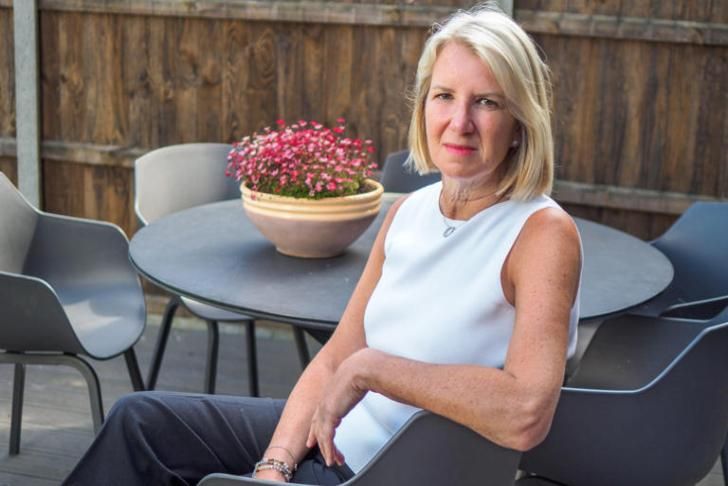The Home Office withdrew the visa of a Palestinian student who had declared herself to be 'full of pride' following Hamas' attack on Israel. The student now says, 'I don't regret it.
Dana Abuqamar, 19, a University of Manchester law student, was present at a pro-Palestine demonstration exactly one day after Hamas executed its horrifying October 7 attack.
During the demonstration, Ms Abuqamar, president of Manchester Friends of Palestine, was filmed saying she was 'really full of joy' and 'proud that Palestinian resistance has come to this point'.
She has now claimed that the UK Government has 'violated her human rights' by rescinding her student visa on the 'baseless' accusation that she is a 'risk to public safety'.
However despite complaining about her visa being revoked, Ms Abuqamar appears to have doubled down on her inflammatory activism in a post on social media, declaring: ‘I do not regret standing up for my people.’
In a post on Instagram on 8 May - in which Ms Abuqamar shared a video of her revealing to a crown of protestors that her visa has been revoked - she said: ‘I do not regret standing up for my people and advocating for their right to resist oppression, as prescribed by international law, and I will continue to do so regardless of the repercussions.’
She added: ‘If anything, the backlash I received from complicit media, institutions and governmental authorities should encourage you to stay steadfast in your activism, or at least I would so hope.’
In the video that accompanies the post, she says: ‘I stand before you having lived the repercussions of speaking up. The Home Office has cancelled my student visa because I spoke up against genocide.
‘And I stand before you today continuing to advocate for Palestine and I ask the same of you. I ask you to stand up against injustice no matter the risk.’
Ms Abuqamar has claimed the Home Office revoked her visa on ‘national security’ grounds, after claiming she was a risk to public safety.
She told Middle East Eye: ‘The claim they are making is baseless and violates my rights as a resident here in the UK. My legal team has lodged a human rights appeal against this decision to revoke my student visa in my last and final year as a law student.’
Whitehall sources confirmed that Ms Abuqamar’s visa had been rescinded over her comments following the October 7 attack but disputed her claim that this was over ‘national security’ concerns and said that it was instead revoked on the grounds she is ‘non-conducive to the public good’.
A source said: ‘This decision was made over six months ago by Robert [Jenrick] and Suella [Braverman].
‘The trigger was the comments after October 7. She did it in a very public way, to a huge crowd, on Sky News. It was brazen.
‘You have to remember she is not a British citizen, she is a visitor here. She is here on our generosity.’
According to the Home Office, behaviour deemed non conducive to the public good includes instances where people have engaged in unacceptable or extremist behaviour, such as activity which fosters hatred, or where the person is associated or has been associated with people involved in terrorism.
Under Home Office rules such decisions are taken 'following careful consideration of the specific facts of the case'.
Ms Abuqamar has been contacted for comment. A Home Office spokesman said: 'It is a longstanding government policy that we do not comment on individual cases.'
In a new video released this week, Ms Abuqamar confirmed she would be appealing the decision and said her remarks in October, which were publicly condemned by policing minister Chris Philp, had been misrepresented.
'My words were taken out of context and they were framed as me supporting harm to innocent civilians, which is completely false and completely untrue,' she told the Middle East Eye.
'The UK Home Office decided to revoke my student visa following public statements supporting the Palestinian right to exercise under international law to resist oppression and break through the siege that was illegally placed on Gaza for over 16 years.'
She added: 'It's an outrageous claim that the Home Office is making by deeming me a national security threat.
‘I am a 19-year-old who has done nothing but go to school and advocate for social justice and try and be an asset to my community.
'So saying I pose a threat to national security is a completely baseless claim.'
She told the news outlet that her legal team had lodged a 'human rights appeal' against the decision.
Ms Abuqamar, who is in her final year as a law student, said that before coming to Britain she believed 'freedom of expression is a fundamental human right that's cherished here'.
She now feels that this right does 'not apply to ethnic minorities, particularly Muslims and Palestinians like myself'.
She argued: 'We must reject the double standard in the application of human rights by public authorities and rise against this oppression.'
Ms Abuqamar first made headlines after she was interviewed by Sky News during a pro-Hamas event in Manchester last October, one day after Hamas' attack on Israel.
She told the broadcaster: 'We are full of pride. We are really, really full of joy (at) what has happened.... We are proud that Palestinian resistance has come to this point.'
Days later, she clarified that she had been 'misrepresented' and told the BBC: 'The death of any innocent civilian should not be condoned ever and we don't condone it at all.'
She added that 'everyone's in danger in Gaza' and even shared that 15 of her relatives had been killed when an Israeli 'missile was dropped on their three-storey residential building'.
Ms Abuqamar, speaking at another pro-Palestine march, said: 'We need to make it known that we will not be silenced - that any attacks or any actions or efforts to silence us from standing up against oppression and saying the truth and helping people to see through the propaganda - that won't work anymore.'
'We are here to condemn the UK's support for Israel and its perpetration of war crimes.'
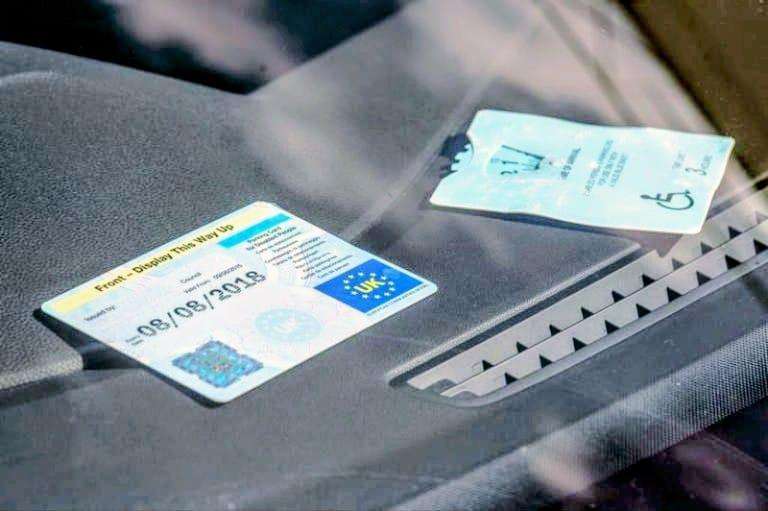
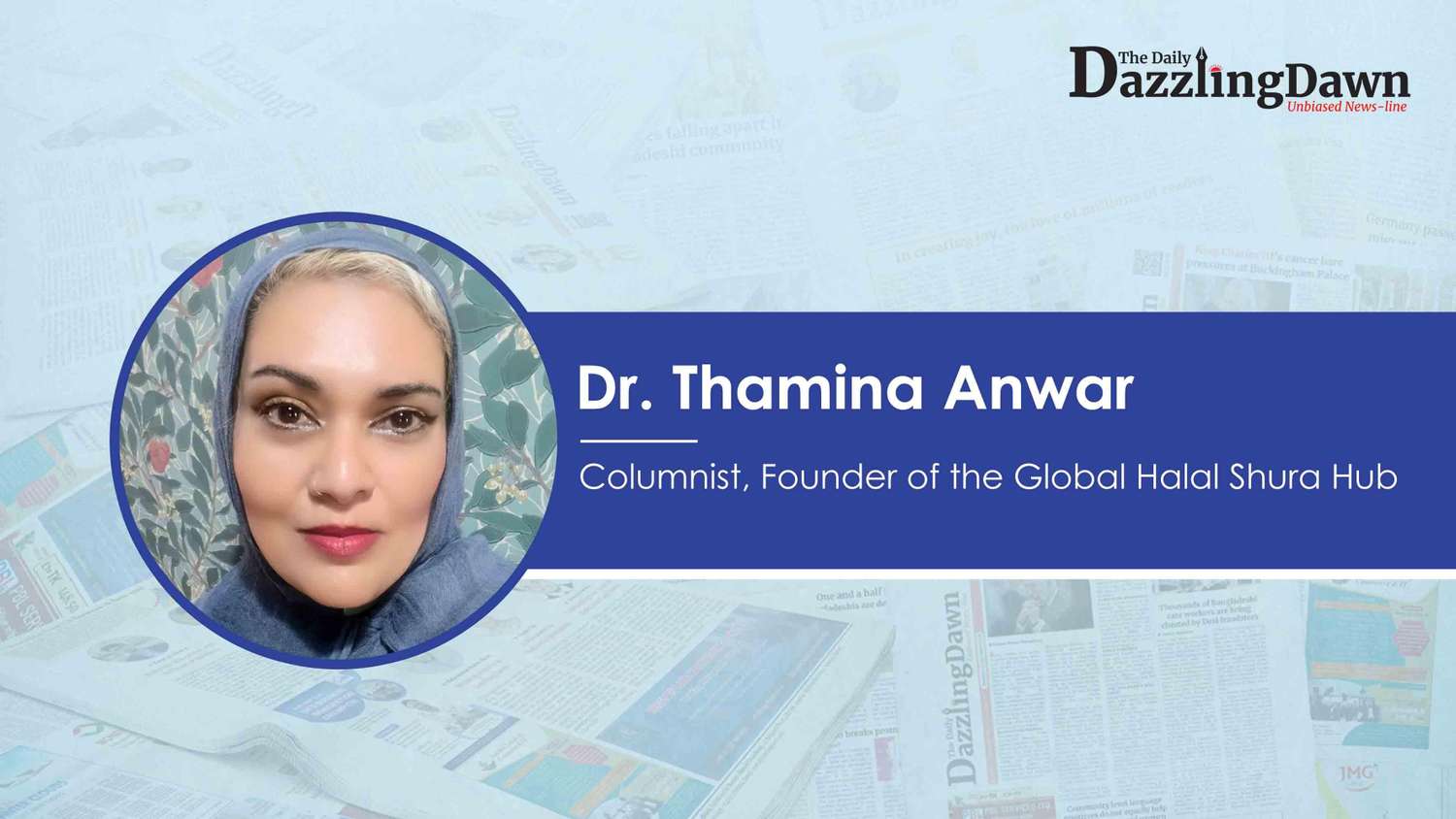
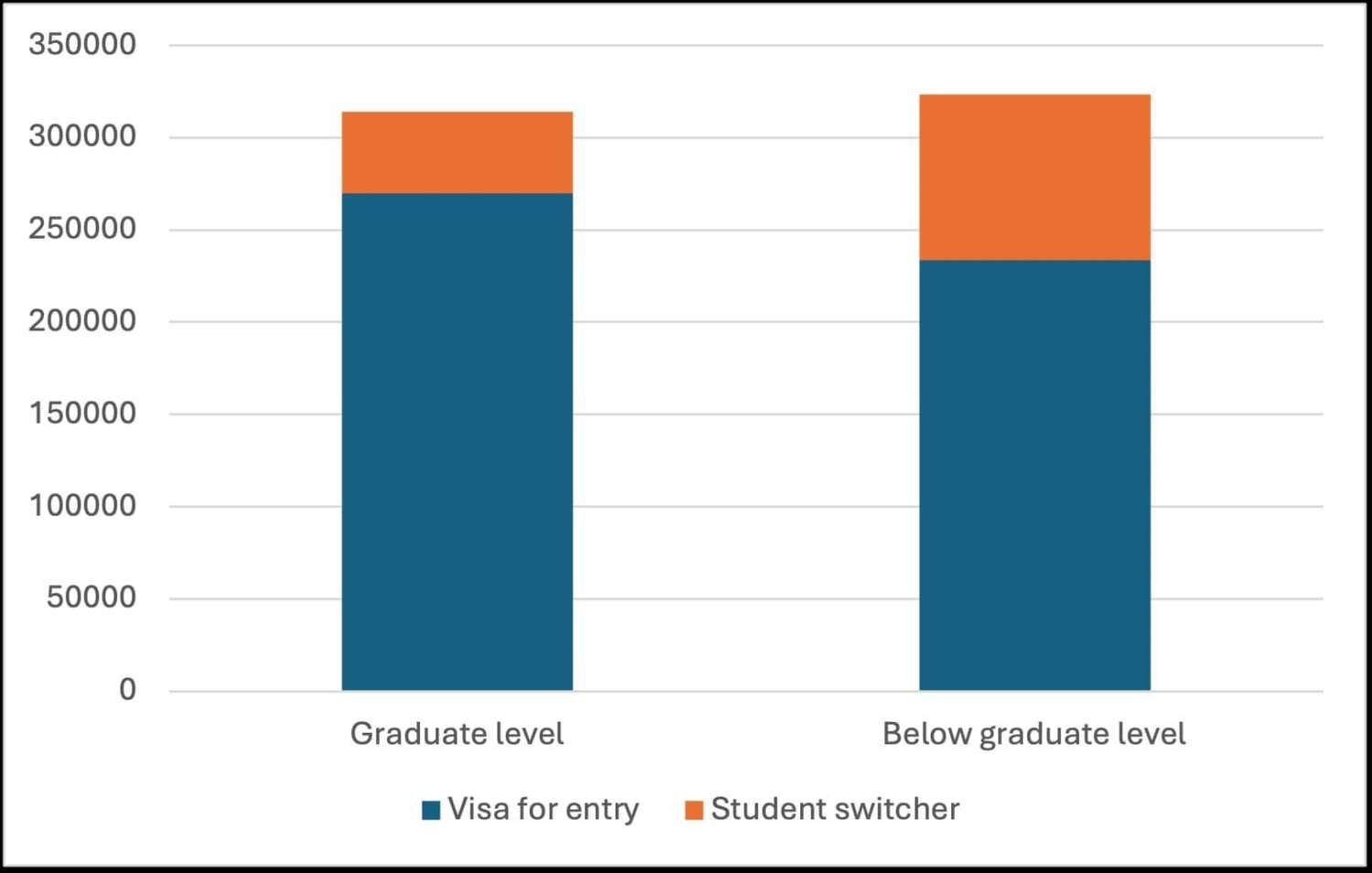
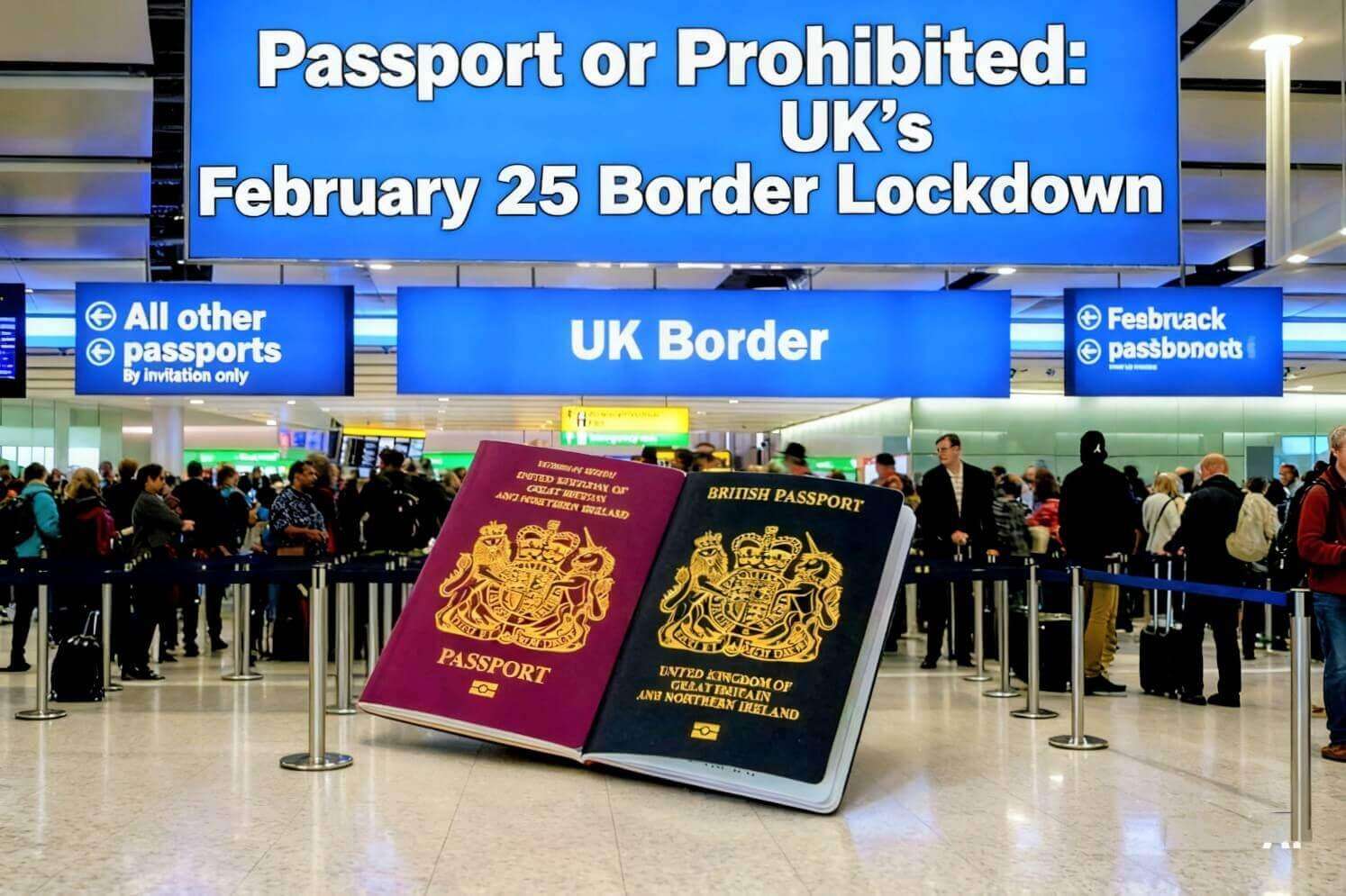



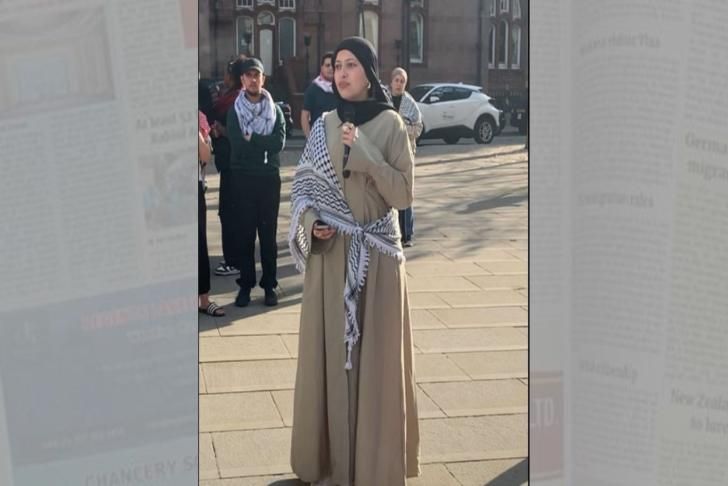
.svg)


